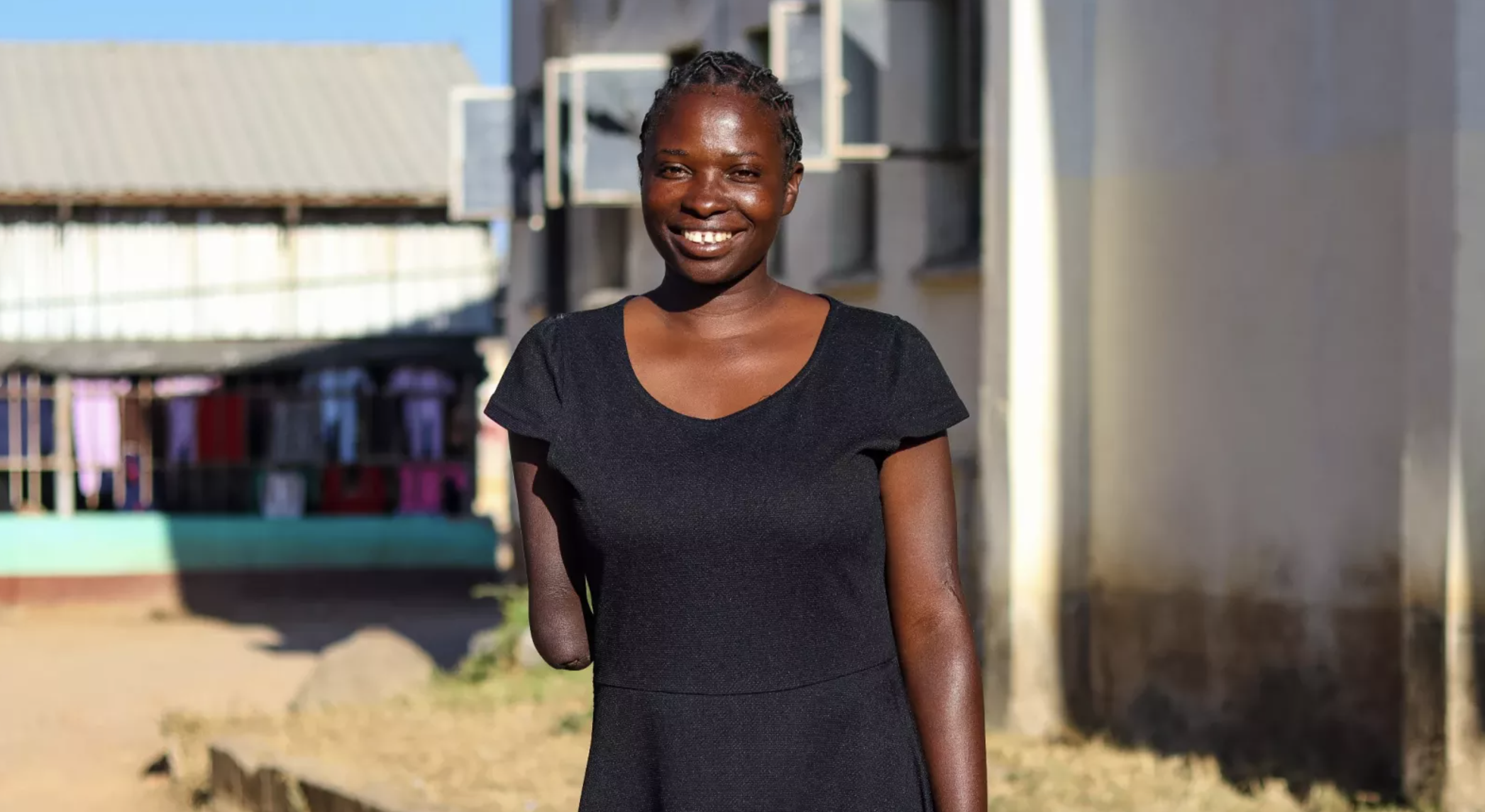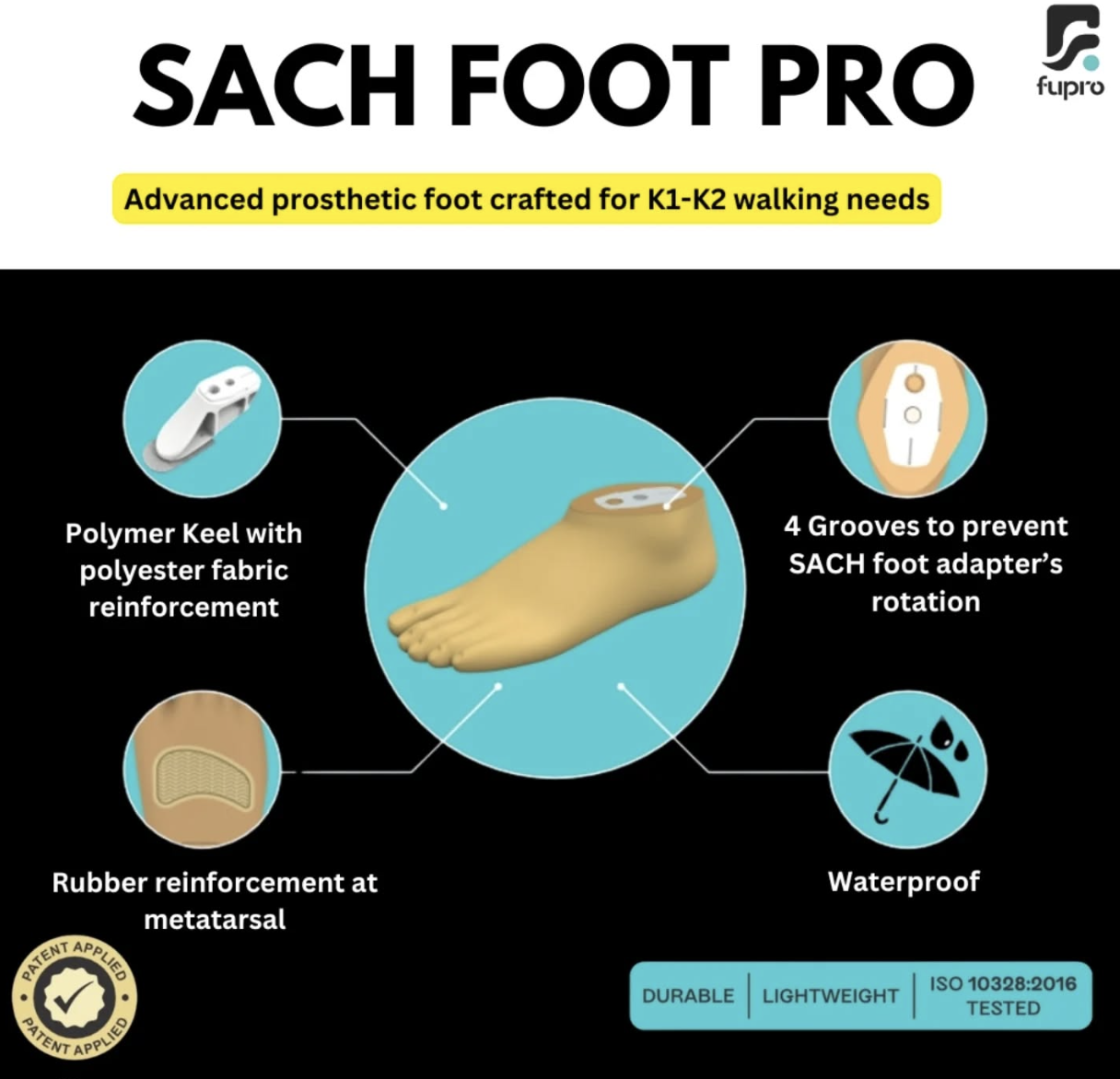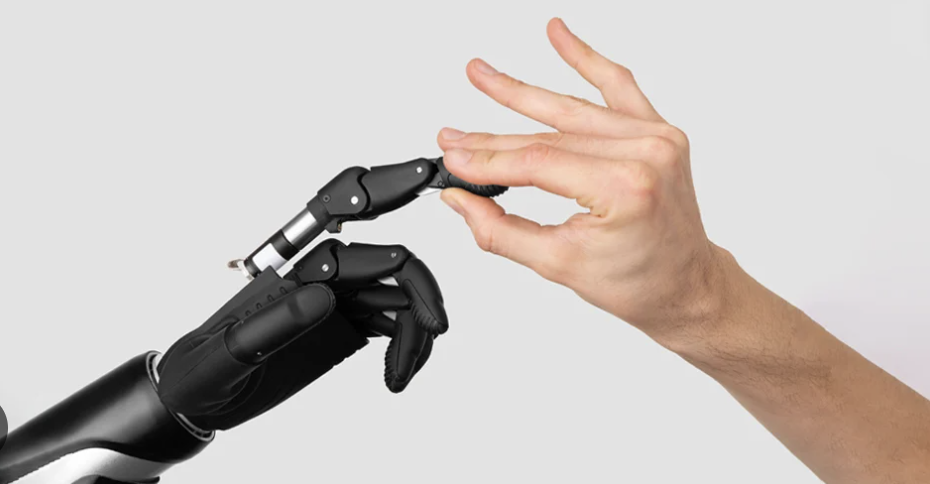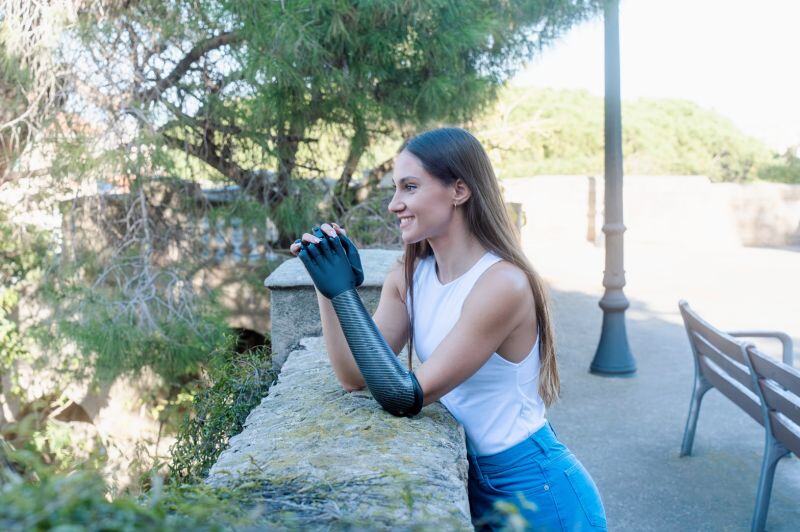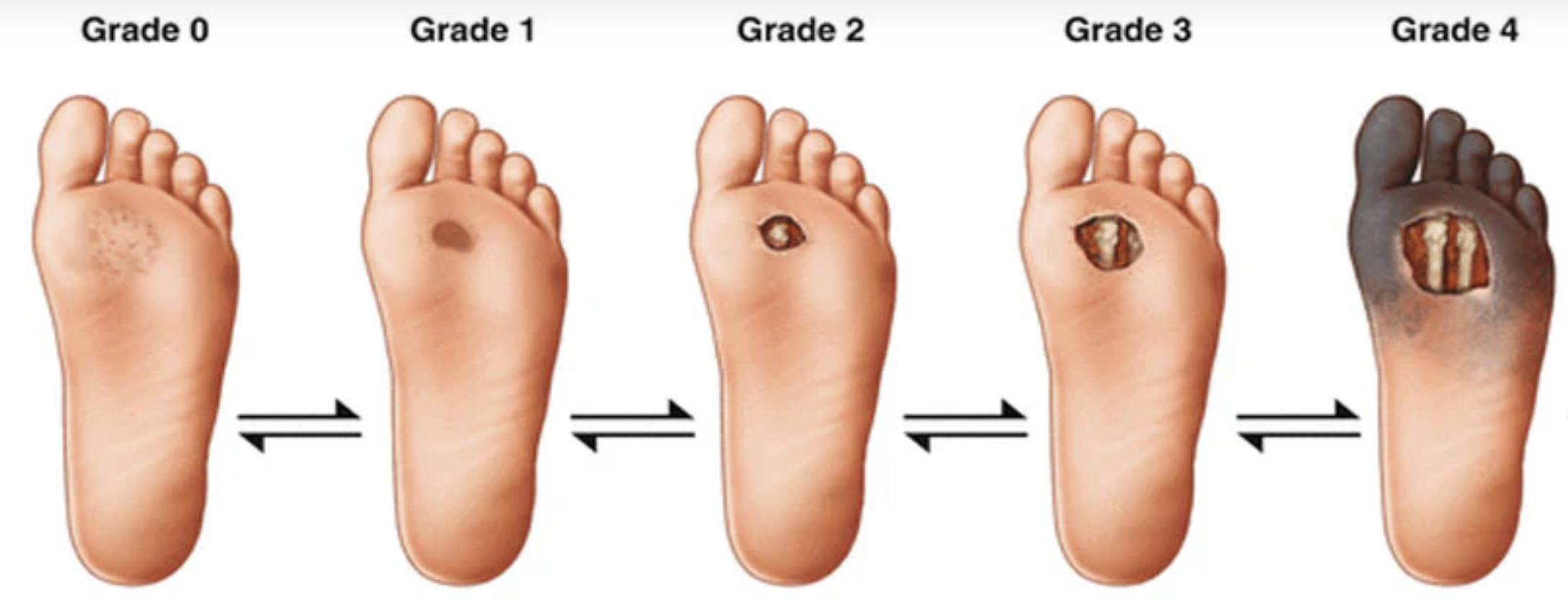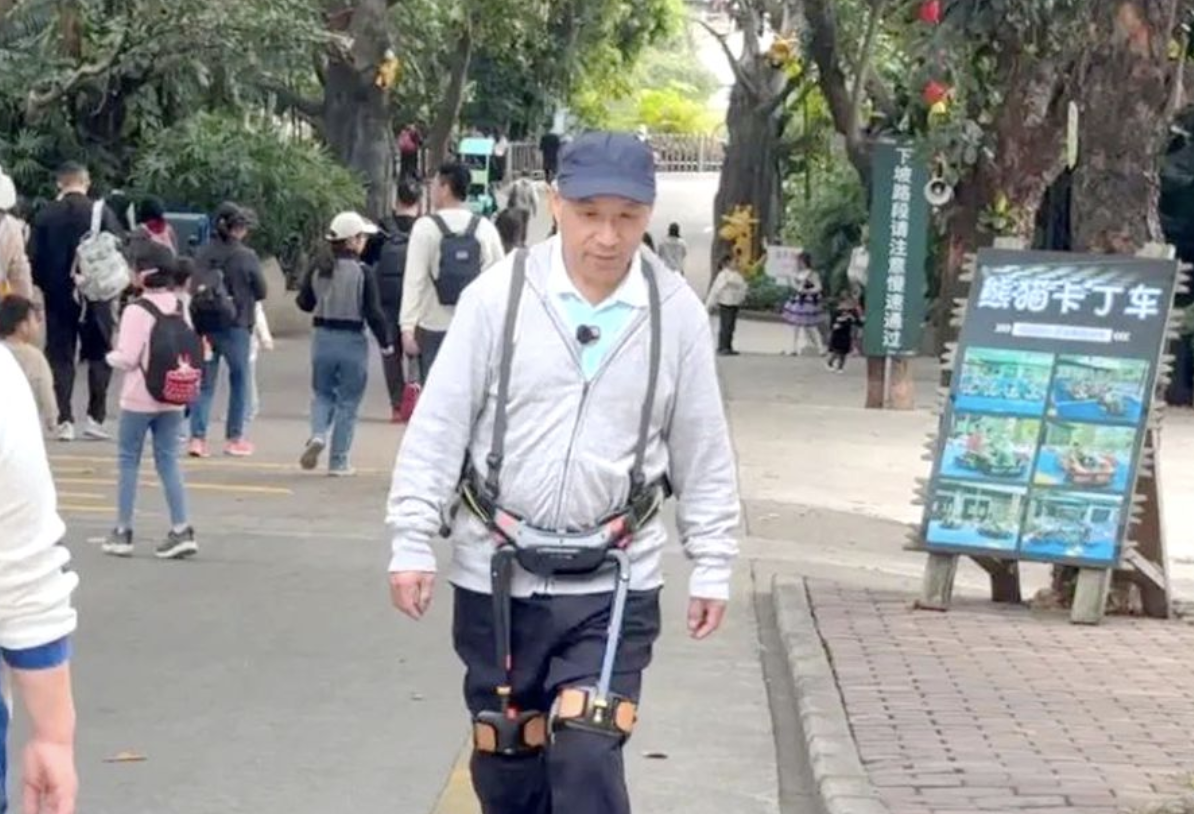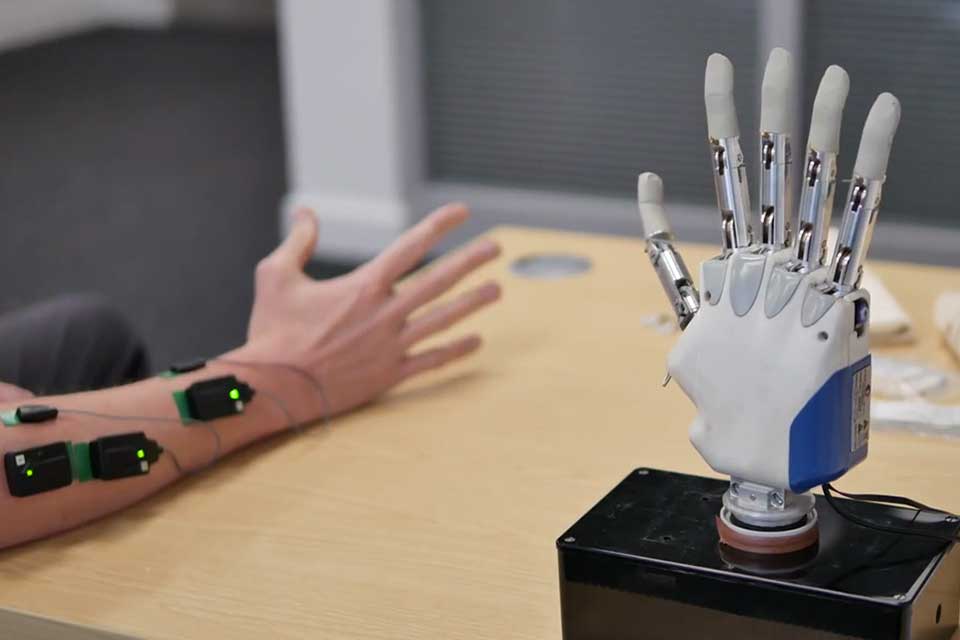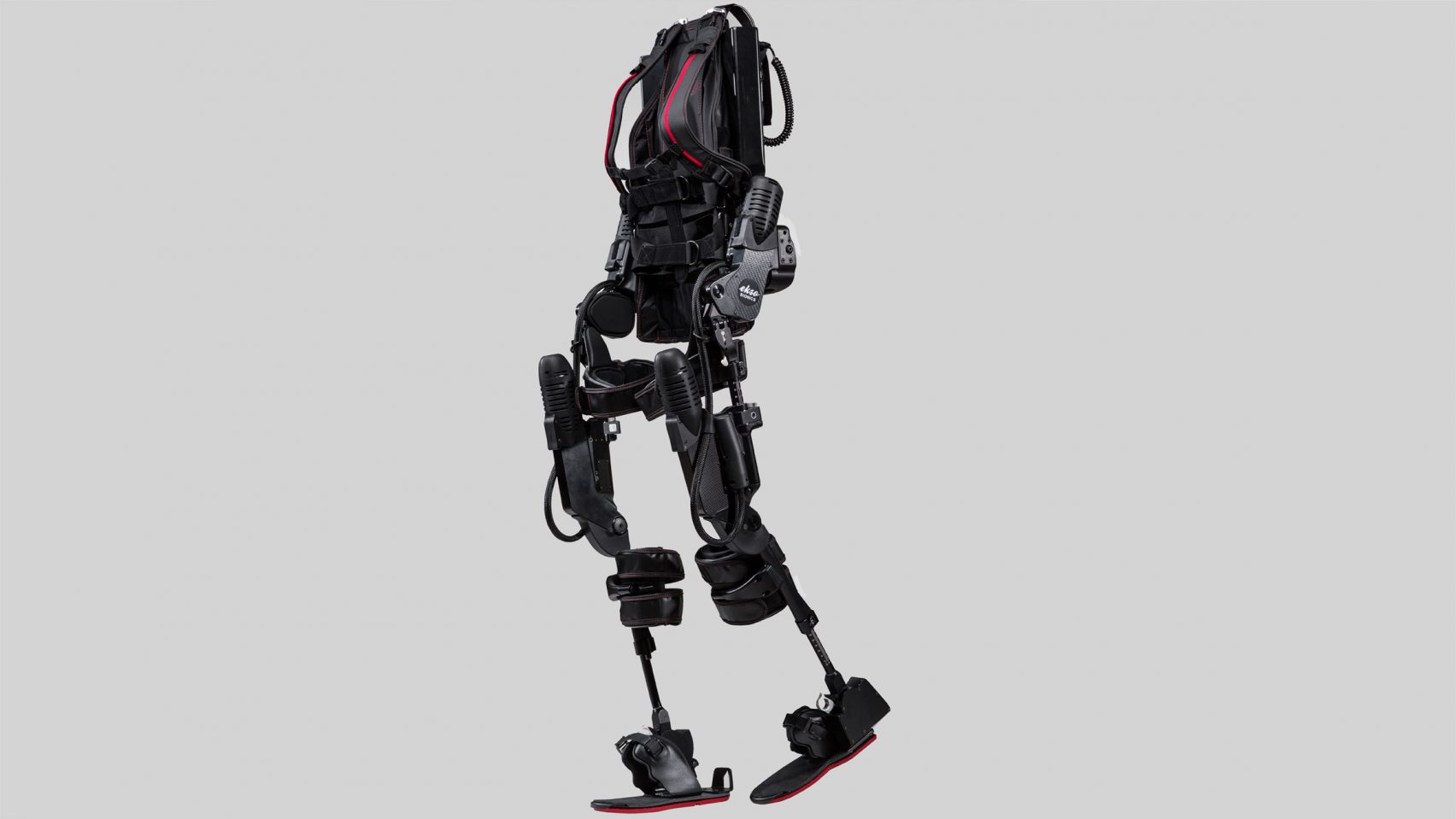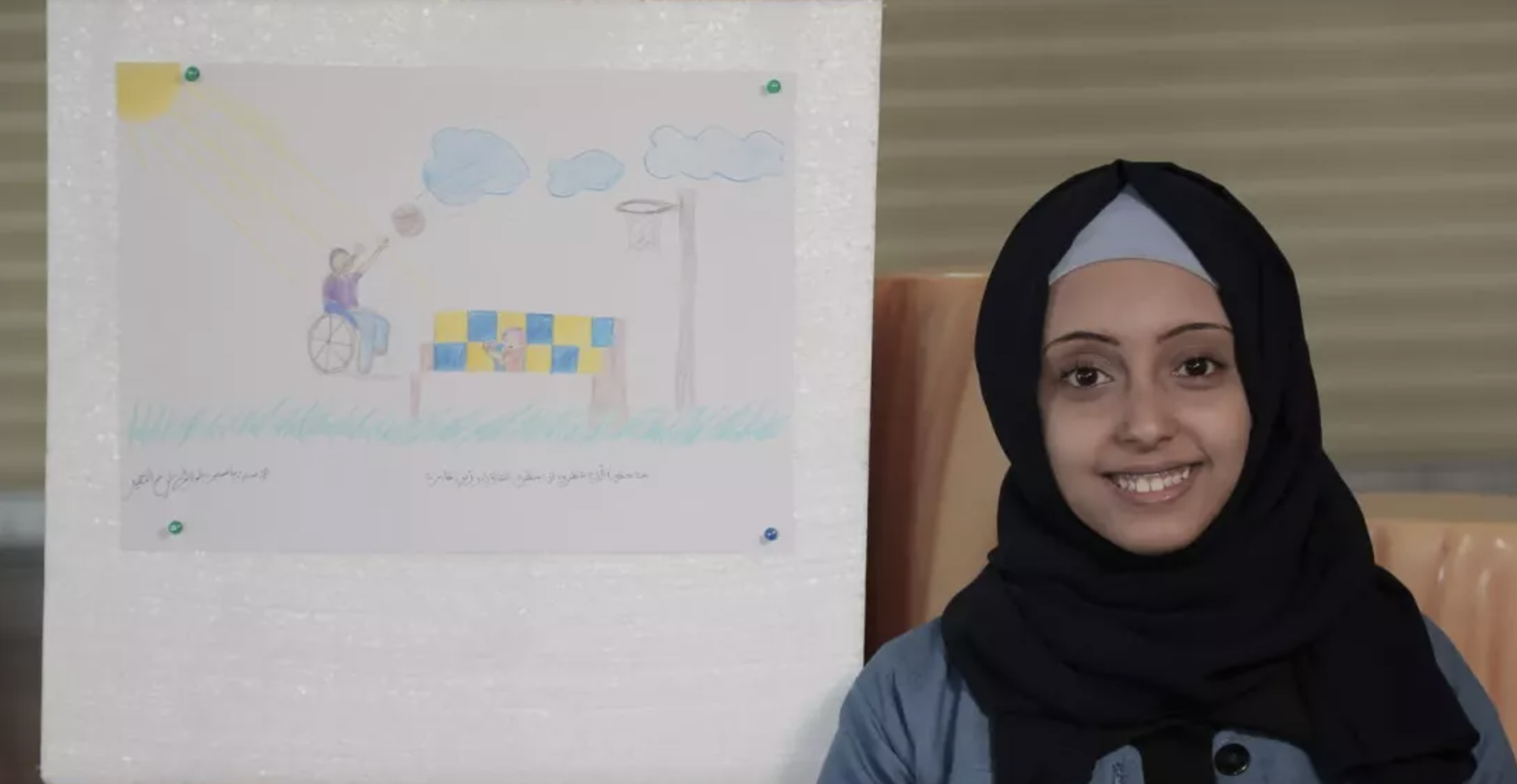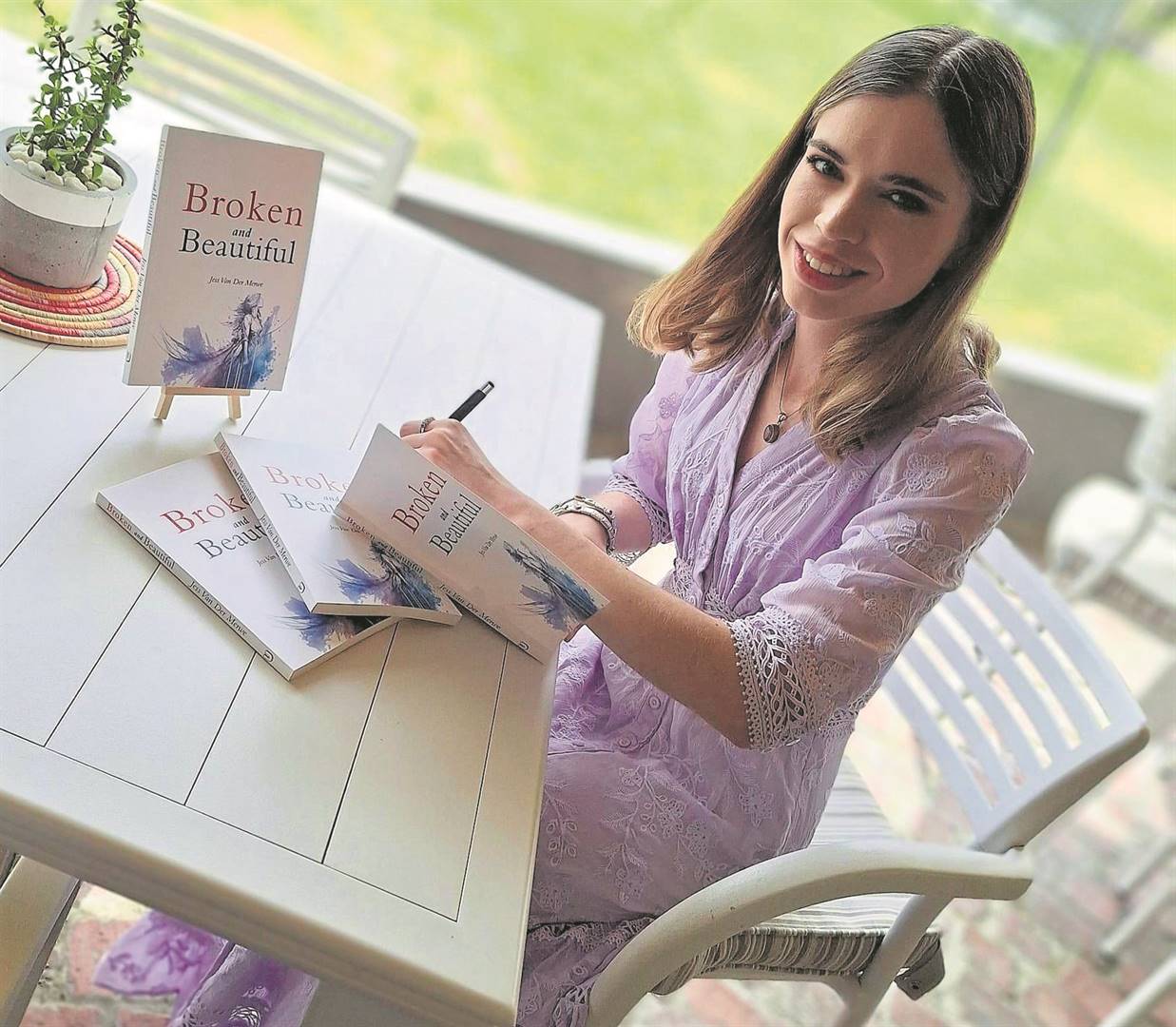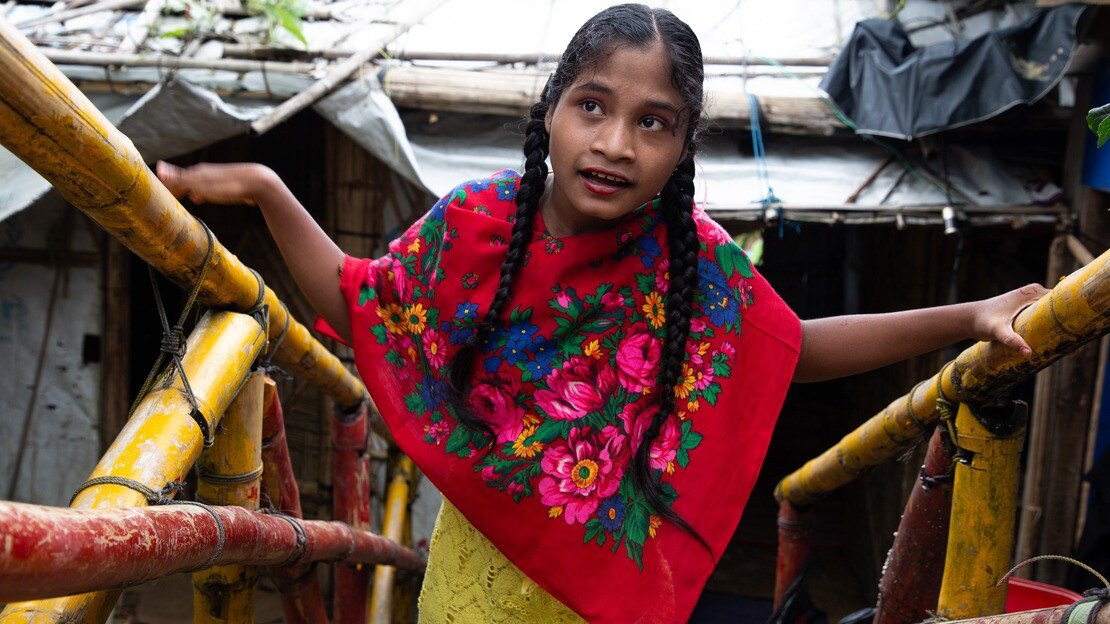Vimbai Zvinowanda from Zvishavane is living her dream of being one of Zimbabwe’s top athletes after qualifying for this year’s Paris Paralympic Games.
Zvinowanda, an amputee, will represent the country in the T47 400-metre category at the global event after excelling at the recent African championships held in Marrakech, Morocco.
She wants to inspire young people with disabilities in the country, and she partly attributes her success to assistance from the Zimbabwe Parents of Handicapped Children Association (ZPHCA).
“I am a sportsperson, and the ZPCHA taught us as young people with disabilities to be confident because lack of confidence can negatively affect your performance,” Zvinowanda said.
“I was in Morocco last month because of sport and won two gold medals. It was not something I was expecting.”
The rising athlete is a beneficiary of a ZPHCA advocacy programme being implemented in Epworth (Harare), Mutasa (Manicaland), Beitbridge (Matabeleland South), and Zvishavane (Midlands) to strengthen caregivers' capacity to advocate for free access to specialised disability services.
ZPHCA’s initiative is part of a programme by the Ministry of Public Service, Labour and Social Development supported by UNICEF’s Child Protection Fund III and funded by the Swedish International Development Agency (SIDA) that empowers youths with disabilities to assert their rights.
“I want to thank UNICEF and the ZPHCA for the advocacy training,” Zvinowanda said. “They taught us how to advocate for services provided by different government departments and targeted at youths with disabilities.
“I learnt that when one has challenges like lack of school fees, they can approach the Department of Social Welfare, and we were taught that disability does not mean inability.”
She wants to play her role in driving projects that empower people with disability as a way of giving back to the organisations that she says changed her life.
“I have always had a dream to help people with disabilities,” Zvinowanda said. “I want to start an organisation that helps people with disabilities, and I already have a name for it.”

Priscilla Chibadza, who looks after an 11-year-old grandson with cerebral palsy and speech impairment from Zvishavane’s Ward 16, said ZPCHA’s advocacy training had given her hope that the rights of children with disabilities would be protected.
“My grandson Takudzwa suffers from cerebral palsy and speech impairment,” Chibadza said. “He lost his mother to breast cancer, and I had to take him in because his father was finding it challenging to take care of him.
“We didn’t understand Takudzwa’s condition, but after training from the ZPCHA, we started to appreciate that children with disabilities are just like all other children.
“The ZPHCA taught us about how to advocate for our rights as parents who stay with children with disabilities.”
She said training that after the training, she was able to access the Basic Education Assistance Module funds to enable her grandson to go to school.
“I want to thank UNICEF and the government for ensuring that Takudzwa is provided with materials for his education,” Chibadza said.
Martha Mahachi from Zvishavane’s Ward 10 said she could send her 14-year-old daughter to school after the ZPHCA’s advocacy training.
“Before the ZPHCA’s intervention, we used to have challenges even taking the children to the hospital, but they are now being treated for free after their disabilities were assessed by the Department of Social Development Department of Social Development assessed their disabilities, and they are no longer compelled to pay school fees,” Mahachi said.
“I have a stand at the local flea market where I used to pay US$1 a day to the council, but I am now allowed to use it for free as a parent of a child with disabilities after the ZPHCA helped us to advocate for an exemption.”

Changing lives
Cresencia Mangoye, a ZPHCA founder member from Harare but who is doing voluntary work in Zvishavane, said support from UNICEF was changing the lives of children with disabilities and that of their caregivers.
“I am here, Zvishavane, as a volunteer with Rose Kamwendoin Zvishavane. Our role is to help support groups with advocacy,” Mangoye said.
“The support groups have been very effective because children have been assisted with assistive devices and welfare issues.
“Caregivers were also encouraged to organise themselves to get housing stands, and many people are now on the waiting list. I am very grateful to UNICEF.”
ZPHCA field officer for Zvishavane Rose Kamwendo said the advocacy training had made a huge impact, as caregivers and youths with disabilities were now proactive in advocating for their rights.
“The ZPHCA, with help from UNICEF, training on inclusive parenting, with help from UNICEF, has conducted training on inclusive parenting, and we are also doing advocacy to help parents understand the rights of their children and to ensure their welfare,” Kamwendo said.
“On behalf of the ZPHCA, I want to thank UNICEF for helping us train parents of children with disabilities because most of them now know where to get assistance, whether in health, education or their general well-being.”
The programme has benefited 366 children and adolescents with disabilities who are accessing a package of services from government departments responsible for providing community-based services for children with disabilities in the targeted districts.
